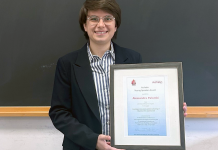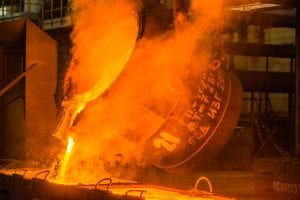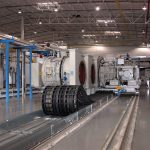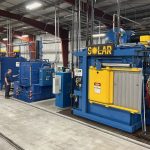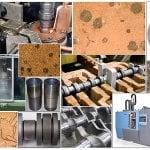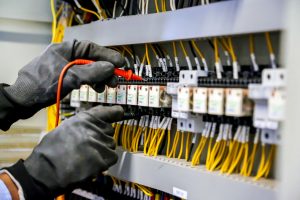Clifford-Jacobs is a nearly century-old producer of die forgings. When the company needed to improve its process controls on its heat-treating furnaces, it turned to Conrad Kacsik.
Clifford-Jacobs serves a number of industries, including construction, mining, forestry, aerospace, energy, and rail. With process controls well over 10 years old, the company was eager to improve its temperature process control system, particularly because the incumbent system was producing inconsistent work.
The challenge
Clifford-Jacobs was not getting consistent, repeatable results from its furnaces. The company also wanted more efficient and automated processes with data acquisition and electronic operating capability. Bud Kinney, vice president of Innovation and Technology at IMT Corporation, the parent of Clifford-Jacobs, sought out the best firm to solve the problems and take Clifford-Jacobs to the next level.
“We looked at a number of controls companies throughout the Midwest and interviewed them to learn about their experience with system controls and data acquisition,” Kinney said. “We knew we wanted an integrated system, so we started looking at companies that did that as a matter of course. Most companies are limited to traditional controls, but Conrad Kacsik has a lot of experience doing the exact type of job we needed.”
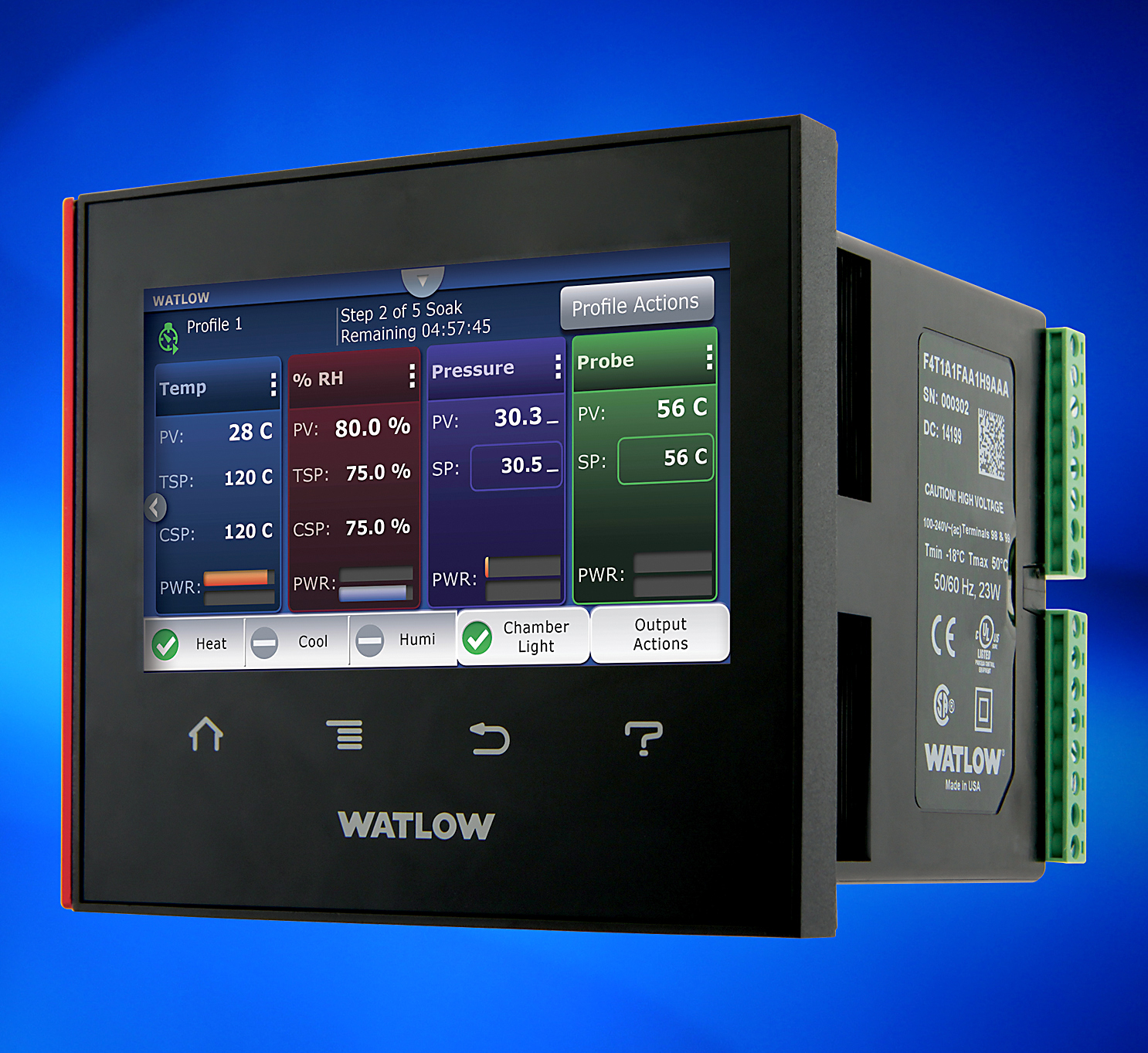
Increasing demands
Clifford-Jacobs makes forged parts for a variety of clients. Although forging does not generally require as much precision as other types of processes, customers are becoming increasingly demanding, according to Kinney.
“We believe that sooner, rather than later, things like Nadcap will come into forging, and our customers are very interested in us being able to demonstrate that our processes are always in control, even forge heating,” he said. “This project helps ensure that we meet those needs. We couldn’t track things like set-point input values before. That’s another element we wanted to manage.”
The system
Conrad Kacsik built a full process temperature control system that includes SCADA software from SpecView. It was able to retrofit the system on Clifford-Jacobs’ existing 16 furnaces, saving considerable expense and time. The temperature process control system uses Watlow F4T controllers paired with SpecView SCADA software, which allows for programming jobs/recipes, remote operation, secure (password protected) operation of furnaces, and accurate automatic temperature recording. Conrad Kacsik also added alert lights that allow operators to quickly see the status of each furnace from the shop floor.
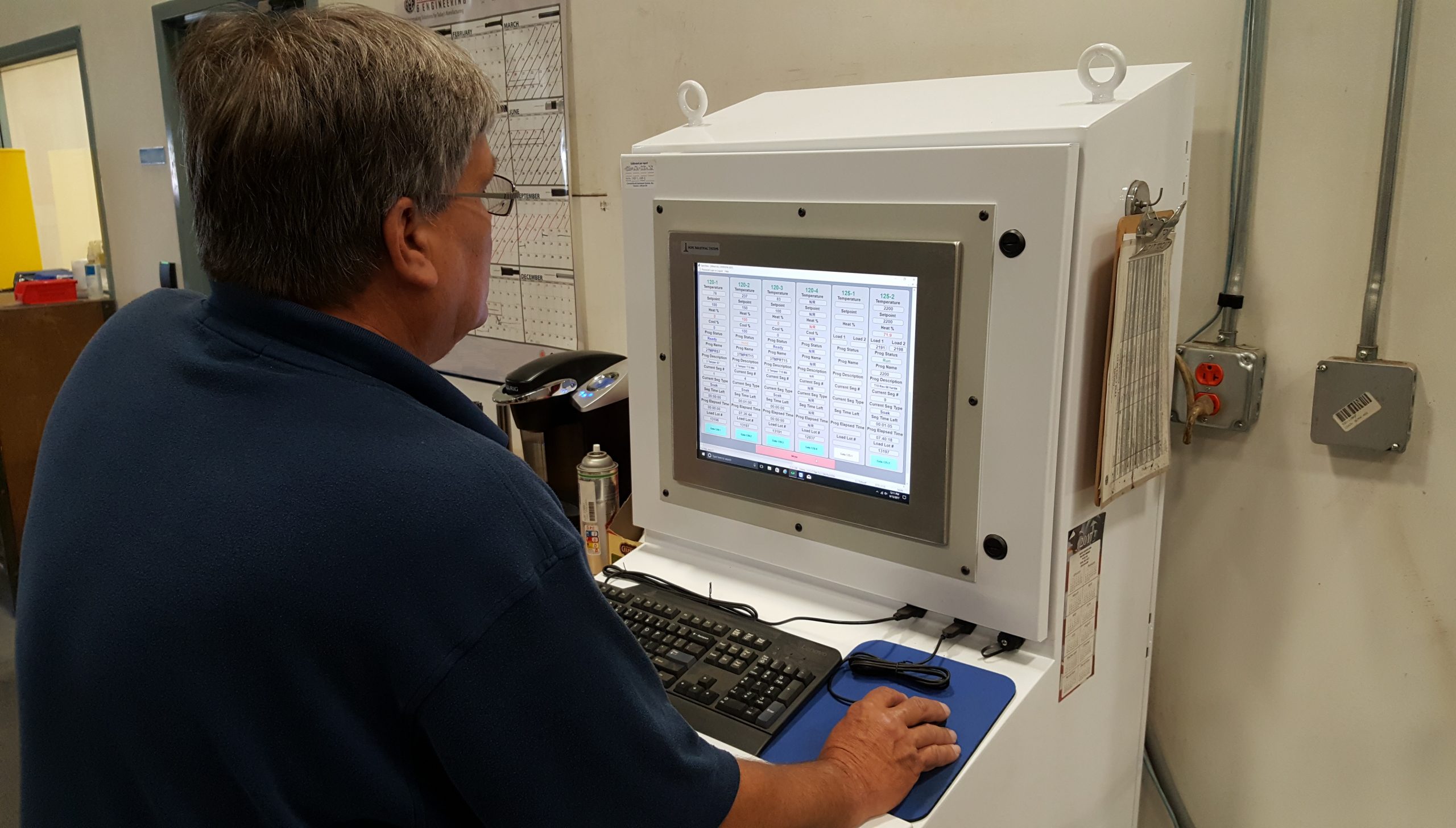
Benefits of temperature control system integration
Clifford-Jacobs is already enjoying many benefits from the new temperature control system. These include:
• Increased accuracy: The new system runs each recipe exactly, and records the results. The company can also control which employees can adjust temperature settings, preventing operators from rushing jobs with a higher temperature or inadvertently setting the furnace incorrectly.
• Higher efficiency: With preprogramming, each furnace is always at the exact temperature it needs to be for the given task. An automatic preheat setting also safely prepares the furnace for the workday — eliminating downtime or the need to send an employee in early to start the furnaces.
• More speed: Clifford-Jacobs can pre-program any recipe it needs, allowing for highly accurate and fast running of complex processes.
• More convenience: Clifford-Jacobs can operate its furnaces from anywhere with an internet connection or via an iPad used by an approved employee.
• Precision for the future: The new system can be part of a Nadcap-approved process should the need arise. The SpecView software and advanced controllers automatically record each job and retain all data for verification.
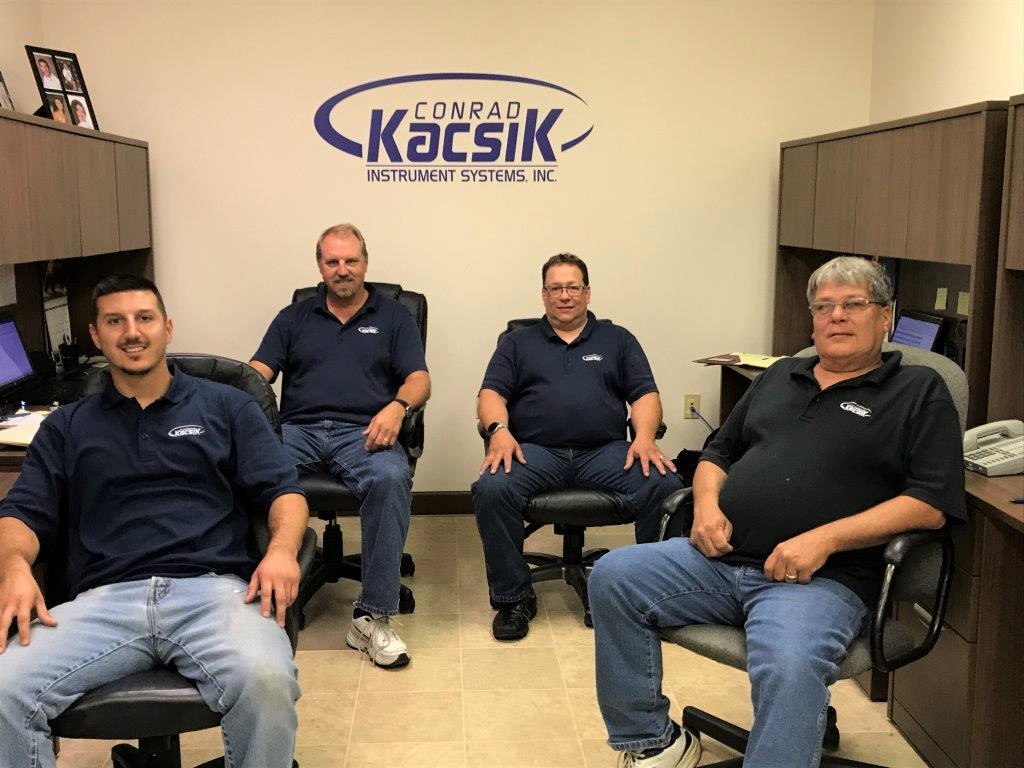
The results
“We used to have to use all kinds of resources to provide oversight on temperature control,” Kinney said. “This has given us a heating strategy. We write the recipes we want and just select from those. In addition to that, we know exactly what every furnace is doing at all times.”
The company is pleased with the increased efficiency as well. It only heats product when it is ready to run production, and the furnace only uses the exact energy needed for each recipe. The company is also saving on staffing, as it used to have to schedule people to ensure the furnace was at the right temperature.
“With this system, we can develop recipes for each part we make, which is both convenient and precise,” Kinney said. “It’s doing exactly what we expected it to do.”




